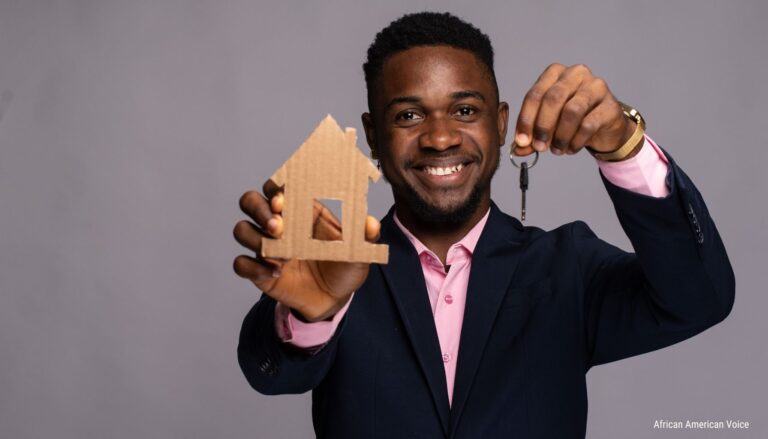
by Stacy M. Brown
Dr. Jean Kaseya remembers the moment a message alerted him to President Donald Trump’s plan to freeze nearly all U.S. foreign aid.
At the time, it sounded implausible.
“It was a joke,” said Kaseya, director general of the Africa Centres for Disease Control and Prevention (Africa CDC). “Then we realized it was not.”
In 2024 alone, sub-Saharan Africa received more than $12.7 billion in U.S. foreign assistance, a figure that climbs higher when accounting for the U.S.-backed global health programs where African nations are primary beneficiaries.
The decision has left leaders across the continent scrambling. “[African] leaders are calling me,” Kaseya told NPR. “They are asking: ‘What can we do?’”
He tries to offer an answer.
“It’s like you are a child. You had a wealthy father. One day, you wake up, and they say, ‘Oh, your father had an accident. He passed on.’ Then you have to survive,” he explained. “You have to find a way to survive.”
To help fill the gap and strengthen health systems, Africa CDC has launched a major new initiative focused on genomic surveillance and bioinformatics in partnership with the African Society for Laboratory Medicine (ASLM) and the Mastercard Foundation.
Part of Phase II of the “Saving Lives and Livelihoods” initiative, the program aims to boost the continent’s pandemic preparedness by equipping countries with advanced laboratory infrastructure and data systems.
The initiative delivers cutting-edge molecular diagnostics equipment, genomic sequencing tools, and comprehensive training to healthcare professionals across African Union member states. It also includes the development of a continent-wide platform for pathogen data sharing—critical for early detection, monitoring, and coordinated responses to health threats.
“These investments are central to strengthening Africa’s ability to detect, monitor, and respond to public health threats in real-time,” Kaseya said. “This initiative ensures that no country is left behind.”
Nqobile Ndlovu, CEO of ASLM, called the program a key moment in Africa’s health security efforts.
“We are entering a critical phase in Africa’s journey toward sustainable public health resilience,” Ndlovu stated.
Kaseya also noted that after Trump’s move, other nations quickly followed.
“What started in the U.S. was followed by other wealthy countries in the world, by European countries,” he said.
Kaseya also has a message for the U.S. and others who may overlook Africa’s future.
“Africa will be 2.5 billion people in 2050. It will be the largest population in the world,” he said. “And the U.S., they need that market. There are more middle-class people because more Africans are becoming educated, and they are making money. My message to my colleagues and friends in the U.S. is, ‘We are open.’ If they are looking for friends, Africa is there.”
He said it takes a whole-continent and global approach in truly combating widespread health challenges.
“And in the health area, one of the major lessons we learned from COVID is no one is protected if your neighbor is not [protected],” Kaseya explained. “A country-based approach will not solve the issue. An outbreak that will start somewhere will quickly be in other countries.”







